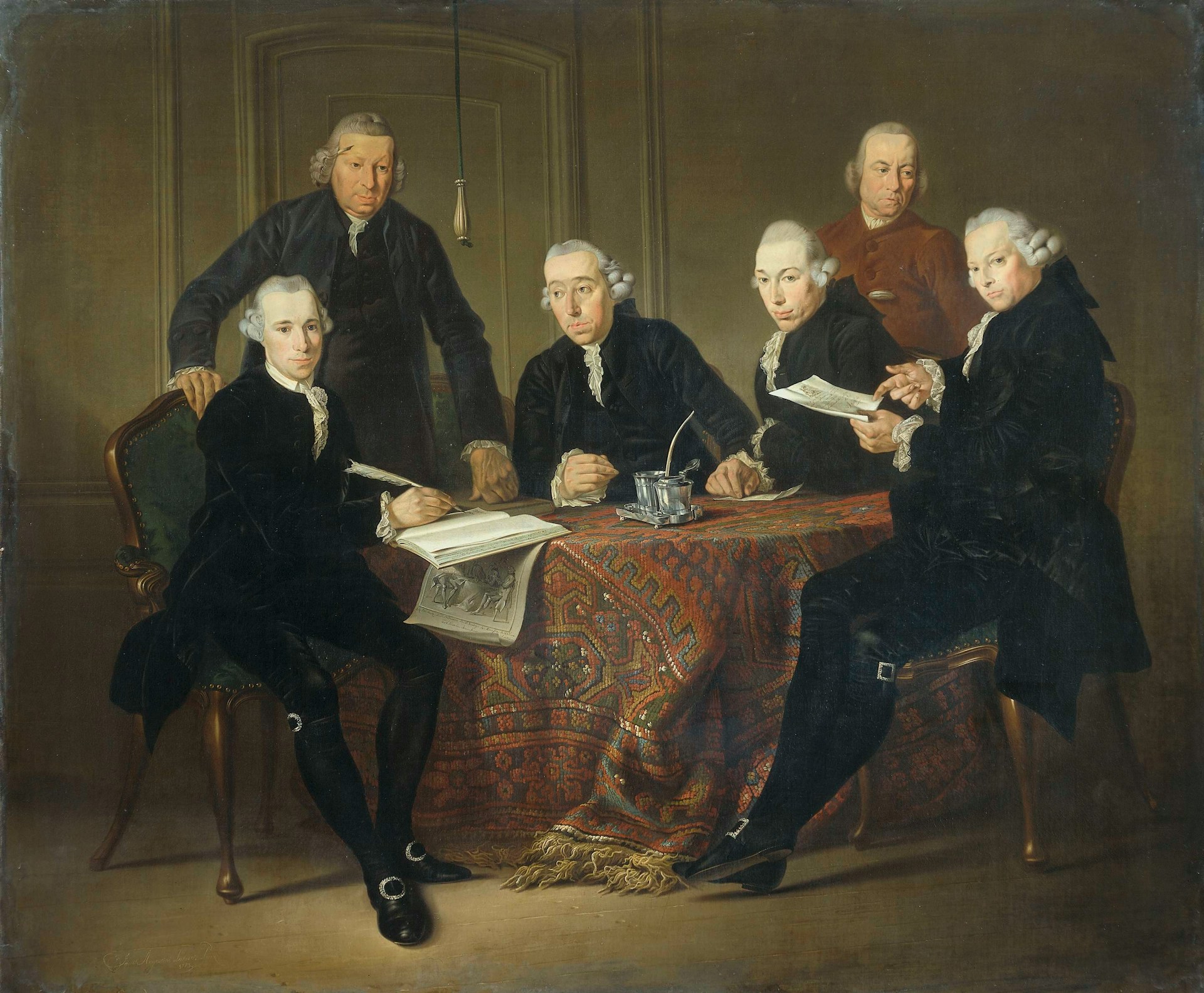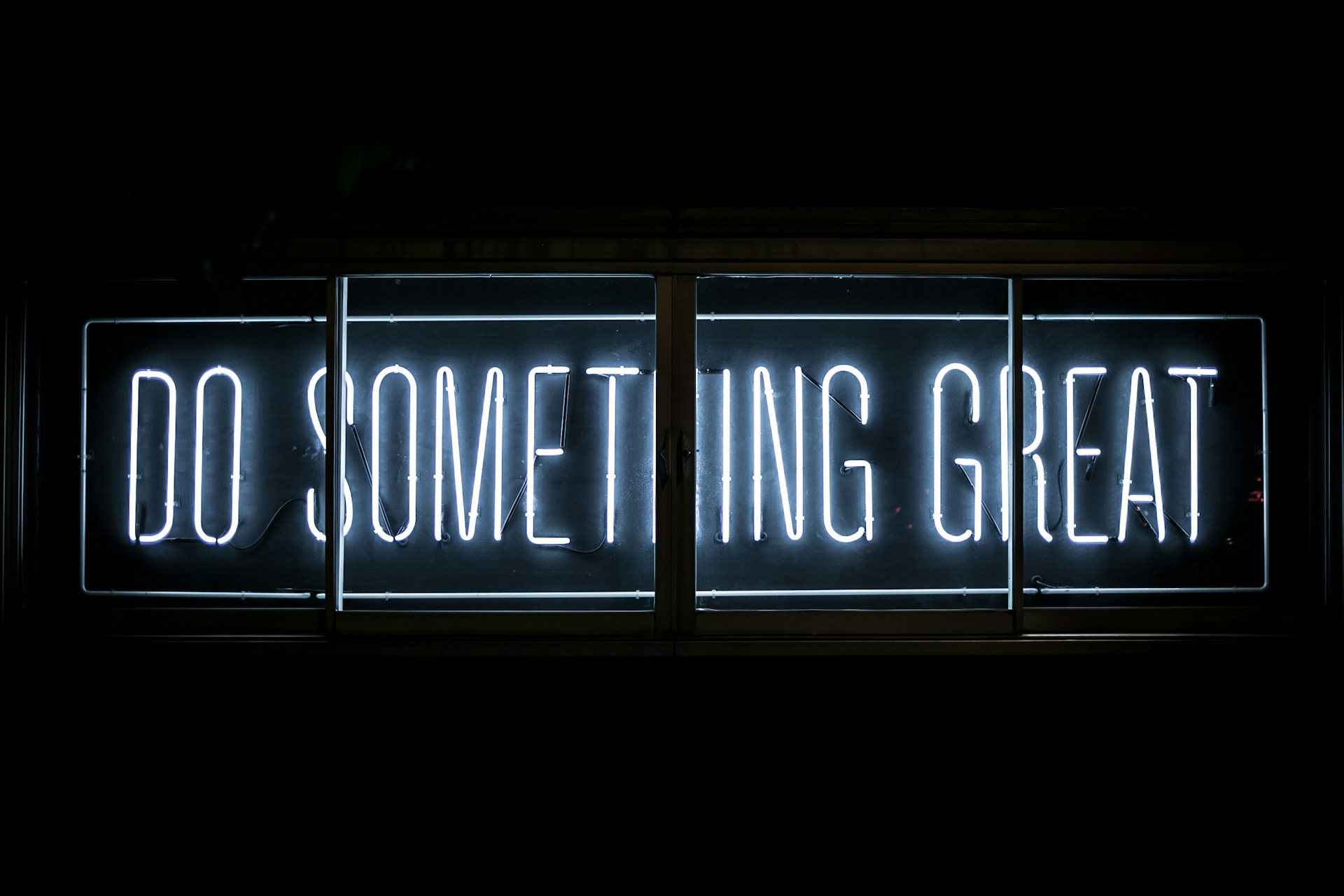I've recently read Paul Graham's latest essay on how to accomplish great work. His essays are always insightful, and I encourage everyone to read as many of them as possible.
Summary
Paul Graham argues that great work happens at the intersection of three things: what you're good at, what you care about, and what the world needs. He also discusses some of the challenges of doing great work, such as the need for focus, the importance of perseverance, and the risk of failure.
Graham begins by defining great work as "work that matters, work that's worth doing." He argues that great work is not about being the best at something, but about finding something that you're good at and that you care about, and then doing it as well as you can. He also says that great work is not always easy, but it is always worth it.
Graham then goes on to discuss the three things that need to intersect in order for great work to happen:
- What you're good at. This is the set of things you can do well, without too much effort. Graham says that it's important to find something that you're naturally talented at, because this will make it easier to learn and grow in that area.
- What you care about. This is the set of things that are important to you, that you're passionate about. Graham says that it's important to find something that you're passionate about, because this will give you the motivation to keep working on it, even when things get tough.
- What the world needs. This is the set of things that are valuable to the world, that people are willing to pay for. Graham says that it's important to find something that the world needs, because this will give your work a sense of purpose and meaning.
Graham concludes by saying that great work is not always easy, but it is always worth it. He says that great work can give you a sense of satisfaction and accomplishment, and it can make a real difference in the world.
In addition to the three things mentioned by Graham, I would add that great work also requires creativity, innovation, and a willingness to take risks. Great work is not about following the status quo. It's about challenging the status quo and finding new and better ways of doing things.
If you're looking to do great work, I encourage you to reflect on the three things that Graham mentions in his article. What are you good at? What do you care about? What does the world need? Once you've answered these questions, you'll be well on your way to doing great work.
Key points (unstructured)
Since this particular article is quite lengthy, consisting of 11,000 words, I understand that not everyone may have the time or inclination to read it in its entirety. Therefore, I've gathered the key points:
First step: decide what to work on - Something you have a natural aptitude for - Something you have deep interest in - Something that offers scope to do great work
The way to figure out what to work on is by working. Develop a habit, working on your own projects. What kind of projects? The ones that seem to you excitingly ambitious.
Excited curiosity: What are you excessively curious about — curious to a degree that would bore most other people? That's what you're looking for.
Four steps: 1. Choose a field, 3. Learn enough to get to the frontier, (requires hard work) 3. Notice gaps, 4. Explore promising ones. (requires hard work) This is how practically everyone who's done great work has done it, from painters to physicists.
3 most powerful motives: Curiosity Delight Desire to do something impressive
When you read biographies of people who've done great work, it's remarkable how much luck is involved. When in doubt, optimize for interestingness.
In most cases the recipe for doing great work is simply: work hard on excitingly ambitious projects, and something good will come of it.
It will probably be harder to start working than to keep working.
Great work usually entails spending what would seem to most people an unreasonable amount of time on a problem.
That's the key: consistency
If you do work that compounds, you'll get exponential growth.
If you don't try to be the best, you won't even be good.
Be aggressively willing to admit that you're mistaken. Once you've admitted you were mistaken about something, you're free.
Nerds have a kind of innocent boldness that's exactly what you need in doing great work.
The route to great work is never easy.
You may have to throw things away and redo them.
Have the confidence to cut.
Great ideas have to be true and new.
Talking or writing about the things you're interested in is a good way to generate new ideas.
Curiosity and originality are closely related.
One way to discover broken models is to be stricter than other people.
A good new idea has to seem bad to most people, or someone would have already explored it.
People show much more originality in solving problems than in deciding which problems to solve.
Great work often comes from returning to a question you first noticed years before — in your childhood, even — and couldn't stop thinking about.
It's a great thing to be rich in unanswered questions.
Being prolific is underrated.
The most subtle advantage of youth, or more precisely of inexperience, is that you're seeing everything with fresh eyes.
One of the most valuable kinds of knowledge you get from experience is to know what you don't have to worry about.
Much of the nonsense left in your head is left there by schools.
And don't take rejection by committees to heart.
Work with people you want to become like, because you will.
Doing great work is a depth-first search whose root node is the desire to
"Never give up" is also not quite right. Obviously there are times when it's the right choice to eject.
An audience is a critical component of morale.
People who do great work are not necessarily happier than everyone else, but they're happier than they'd be if they didn't.
The opinion of people you respect is signal.
If you asked an oracle the secret to doing great work and the oracle replied with a single word, my bet would be on "curiosity."
Many more people could try to do great work than do. What holds them back is a combination of modesty and fear.
Finding something to work on is not simply a matter of finding a match between the current version of you and a list of known problems.
You can find the article in my knowledge base too along with other interesting articles.
Read the full article here:
Relevant posts:





![[Guide] Product hiring framework](https://images.unsplash.com/photo-1635350736475-c8cef4b21906?ixlib=rb-4.0.3&q=90&fm=jpg&crop=entropy&cs=srgb&w=1920)















